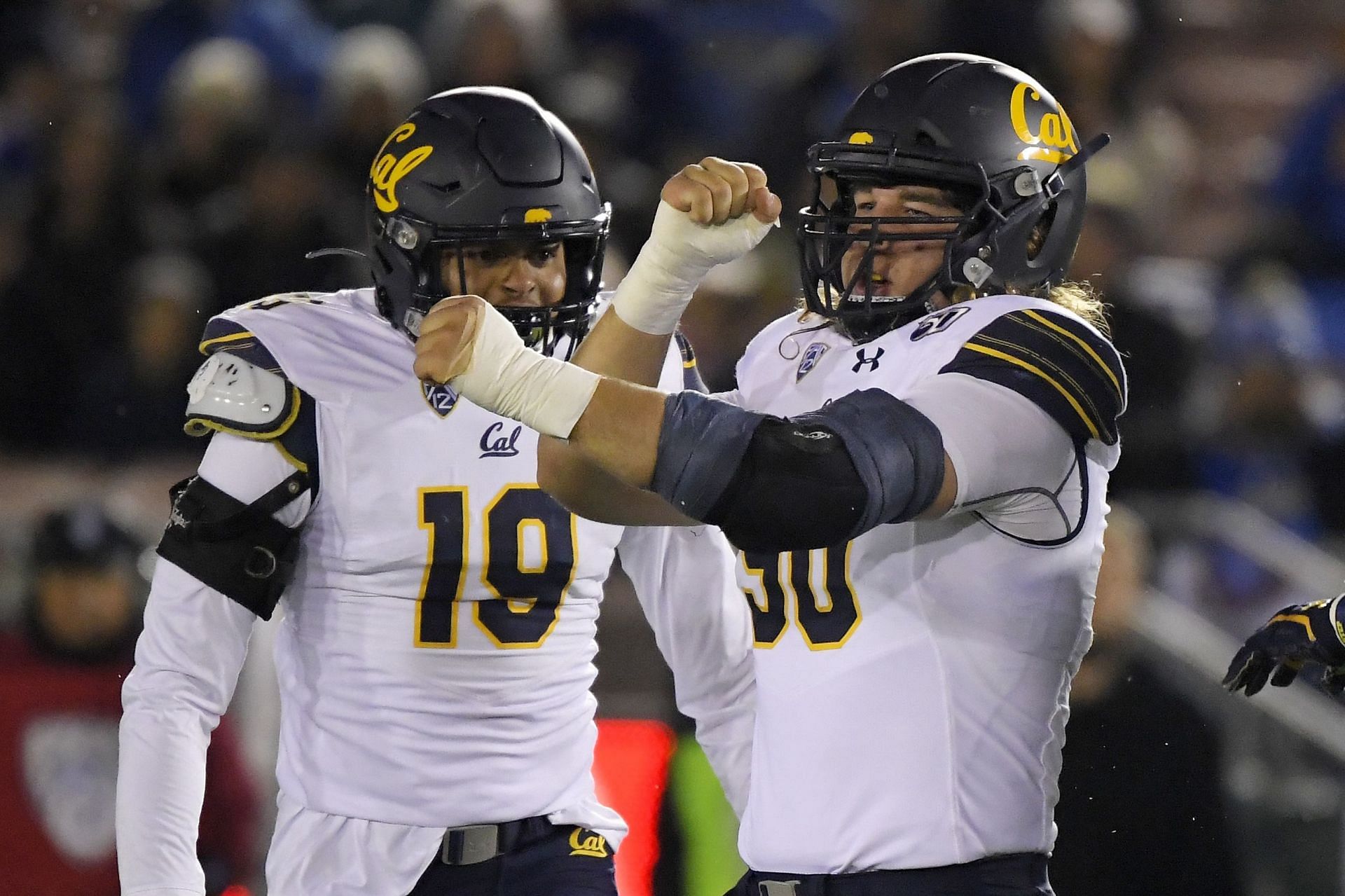The California Golden Bears' move to the ACC was widely expected as the Pac-12 extraordinarily wound down. A few well-wishers, including an ambitious NIL collective, acted quickly to ensure the Cal athletic programs remained competitive.
Kevin Kennedy, the co-executive director of California Legends NIL collective, explained how he quickly marshaled like-minded enthusiasts and raised over $1.2 million from 1,100 separate donations in just two days.
A letter written by Kennedy obtained by On3 detailed the reasoning behind the quick-fire fundraising.
"Partially as the result of the chaos surrounding the ACC admission process and partially just because the Riveras, Lance Cooper and myself were inspired to come together to do this somewhat at the last minute, we didn’t have a single dime in donations lined up before launch," Kennedy wrote in the letter.
"In fact, we weren’t sure if we were going to raise any money at all."
Name, Image and Likeness collectives have become synonymous with recruitment as the NIL-rich era has enveloped college sports. The California Legends collective has the seal of approval from former Seattle Seahawks running back Marshawn Lynch.
Does the ACC move make sense for California?
Last Friday, the Atlantic Coast Conference voted to allow Cal and Stanford to join the conference from the beleaguered Pac-12 in 2024, while SMU realigns from the American Athletic Conference.
The schools, especially the two Pac-12 ones, were allowed in after the ACC initially failed to reach the 75% threshold required votes from members.
Pac-12 president George Kliavkoff's failure to agree to a media deal makes almost any move by the former Pac-12 teams a success financially.
Jim Knowlton, Cal's athletic director, explained the reasoning behind their move to the ACC.
“We’ve talked a lot to our student-athletes and got feedback that they want to play at the highest level,” Knowlton said. “They want to still have opportunities to compete for national championships, to produce Olympians and they want to compete against schools like us.”
Carol Christ, the university chancellor, expanded on Knowlton's reasoning.
“The athletes care deeply about being able to play at the highest level of competition and to play with like schools,” Christ said. “This move guarantees or achieves those two goals. A reconstituted Pac-12, though there’s a lot of imaginative attractiveness about that, it’s also very uncertain about whether it would achieve those two goals.”
On some level, it makes sense that Cal's move to the ACC is not purely a financial move.
California has one of the most elite athletic departments in the country, with 103 national championships and 223 Olympic medals won by athletes who learned their craft in programs under the university's banner.
Who's NEXT on the HOT SEAT? Check out the 7 teams that desperately need a coaching change
